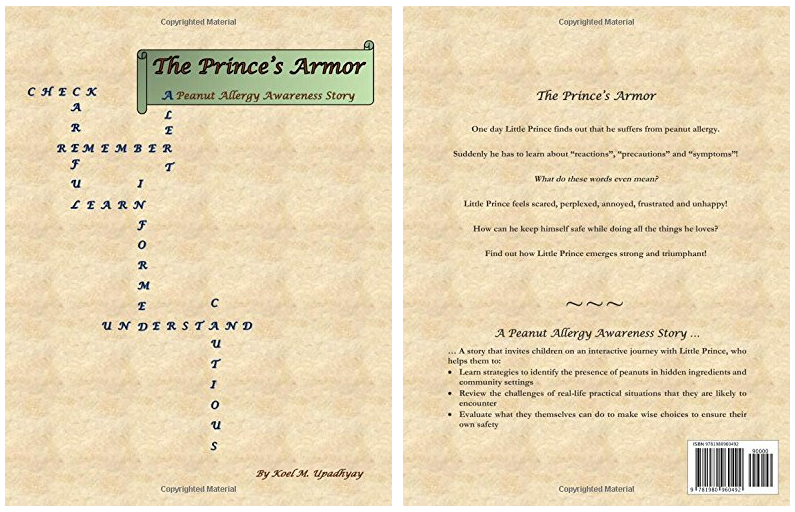Comment Sought On Draft Guidelines for the Diagnosis and Management of Food Allergy
The National Institute of Allergy and Infectious Diseases (NIAID), part of the National Institutes of Health, is seeking public comment on draft Guidelines for the Diagnosis and Management of Food Allergy. The public comment period is open for 60 days beginning March 5 and ending May 3. Health care professionals and interested members of the public are encouraged to review the guidelines and participate in the open comment period by visiting the NIAID Food Allergy Clinical Guidelines public comment Web site.
“Food allergy is an important public health problem that affects millions of Americans, and may be increasing in prevalence,” says NIAID Director Anthony S. Fauci, M.D. “These draft guidelines provide information to a wide variety of health care professionals about how to diagnose and manage food allergy, and treat acute food allergy reactions.”
The guidelines are based on an independent, systematic review of the scientific and clinical food allergy literature. Information gathered from the literature review was incorporated into a full report on the state-of-the-science in food allergy that will be made available after the publication of the final guidelines.
As part of the process of developing the guidelines, NIAID brought together a coordinating committee that included representatives from 33 professional organizations, advocacy groups and federal agencies. The role of the coordinating committee was to appoint an expert panel, review drafts, approve the final guidelines and develop a plan to distribute the final guidelines. The expert panel, composed of 25 members with expertise from a variety of relevant clinical and scientific areas, wrote the draft guidelines.
The guidelines cover the following topics:
- Definition and prevalence of food allergy
- Natural history of food allergy and closely associated diseases
- Diagnosis of food allergy
- Management of non-acute allergic reactions to food
- Management of acute allergic reactions to food, including anaphylaxis, a severe, whole-body reaction
“These guidelines represent a major commitment on the part of many people and organizations working to improve the care of individuals with food allergy,” says Daniel Rotrosen, M.D., director of the Division of Allergy, Immunology and Transplantation at NIAID. “The process of developing the guidelines has also helped us identify gaps in the current scientific knowledge that we can begin to address through future research.”
All comments will be reviewed by the coordinating committee, expert panel and NIAID. Where appropriate, these comments will be used to develop final guidelines. The final guidelines are expected to be released by the fall of 2010.
More information on the development of the guidelines may be found at the NIAID Food Allergy Guidelines Web page.
NIAID conducts and supports research-at NIH, throughout the United States, and worldwide-to study the causes of infectious and immune-mediated diseases, and to develop better means of preventing, diagnosing and treating these illnesses. News releases, fact sheets and other NIAID-related materials are available on the NIAID Web site at http://www.niaid.nih.gov.
The National Institutes of Health (NIH)-The Nation’s Medical Research Agency-includes 27 Institutes and Centers and is a component of the U. S. Department of Health and Human Services. It is the primary federal agency for conducting and supporting basic, clinical and translational medical research, and it investigates the causes, treatments and cures for both common and rare diseases. For more information about NIH and its programs, visit http://www.nih.gov.




COMMENTS